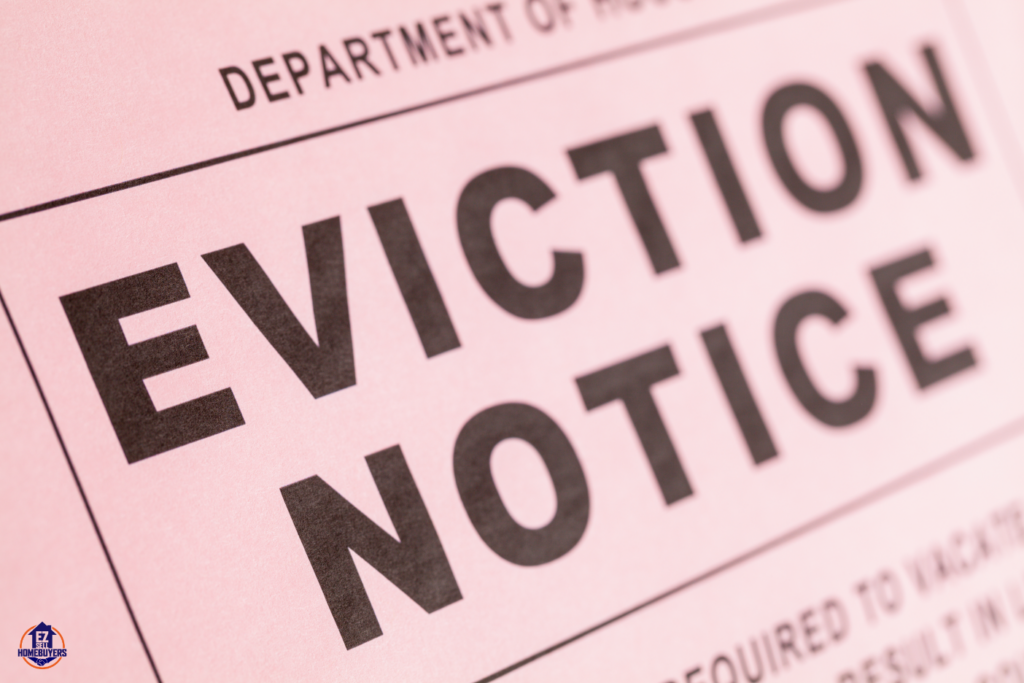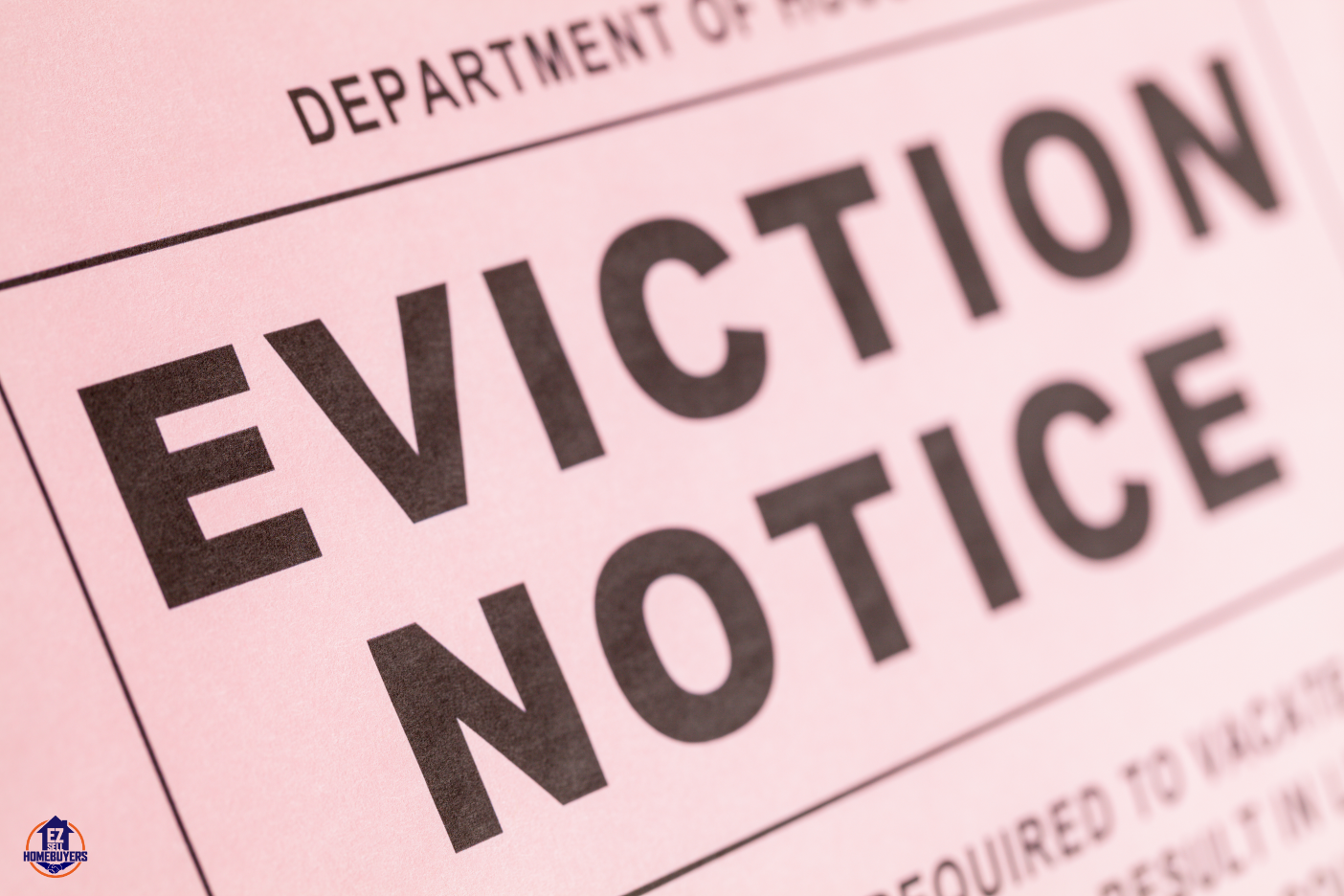Navigating the challenge of unauthorized occupants or squatters can be overwhelming for property owners in Toledo, Ohio. Squatters are individuals who reside on a property without legal authorization, and their eviction necessitates a meticulous legal approach compliant with both local and state regulations. This guide offers an in-depth look at the legal strategies to evict squatters. It introduces an alternative solution—selling your property to a cash investor for a hassle-free resolution.

Understanding Squatters’ Rights in Ohio
In Ohio, the laws surrounding squatters’ rights can be intricate, often shielding the claims of individuals who have openly lived on a property for an extended period. These rights, however, can be challenged by proving unauthorized occupancy. Understanding the distinction between a trespasser and a squatter is crucial for property owners. Under Ohio’s adverse possession laws, squatters may assert rights after continuously inhabiting a property for around 21 years, whereas trespassers have no such claim.
Step 1: Identify the Occupant’s Status
The initial step in addressing a squatter situation is determining whether the individual is a squatter or merely a trespasser. Recent unauthorized entry without any claim suggests trespassing, allowing for a more straightforward removal process involving law enforcement. Long-term occupants who behave as property owners are likely squatters and must be dealt with through legal channels.
Step 2: Engage and Serve Notice
Effective communication may resolve some squatting situations without legal escalation. If unsuccessful, issuing a formal notice to vacate is the next step. Property owners in Toledo should provide squatters with a written notice, granting them a reasonable timeframe—typically between 3 to 30 days—to vacate the property voluntarily.
Step 3: Legal Eviction Procedure
Should the squatter ignore the notice, property owners must initiate an eviction lawsuit. This process begins with filing a formal complaint in the local court, then serving the squatter with a court summons. Storing strictly to legal procedures is essential to prevent procedural delays.
Step 4: Court Hearing and Ruling
At the eviction hearing, both parties can present their cases. Property owners should be prepared to provide proof of ownership and demonstrate that the squatter resides on the property without permission. A favorable ruling from the judge will lead to a formal order for the squatter’s eviction.
Step 5: Enforcing the Eviction
If the squatter refuses to comply with the court order, the property owner must request assistance from the sheriff’s department to enforce the eviction, which involves physically removing the squatter from the property.
Alternative Solution: Selling to a Cash Investor
For property owners seeking a quicker resolution, selling the property to a cash investor can be attractive. Cash investors typically purchase properties “as-is,” including those with squatter issues, providing a hassle-free way to liquidate troublesome real estate swiftly. Benefits of this approach include:
- Quick Sale Process: Transactions can close within days, providing immediate financial relief.
- As-Is Purchase: No need for repairs or cleanup before the sale.
- No Real Estate Commissions: Saves on fees that would otherwise go to agents.
- Reduced Legal and Financial Risk: Transfers the complexities of squatter eviction to the buyer.
- Stress and Effort Reduction: Avoids the prolonged and often stressful eviction process.
- Immediate Liquidity: Offers immediate cash flow, useful for urgent financial needs.
- Avoidance of Traditional Buyer Concerns: Eliminates difficulties in selling properties with legal complications.
Preventative Measures
To deter squatters:
- Regularly inspect and maintain the property.
- Install robust security measures, such as locks and alarm systems.
- Display clear “No Trespassing” signs.
- Keep property records and contact information updated with local authorities.
Consulting Legal Experts
Due to the complexities of squatter laws in Toledo, consulting with a real estate attorney is highly recommended. A lawyer specializing in property law can offer tailored advice and ensure all legal actions are correctly executed.
Conclusion
Evicting squatters from your property in Toledo requires understanding local laws, effective communication, and following precise legal procedures. Alternatively, selling the property to a cash investor may provide a simpler, expedient solution to reclaim your property. Property owners are advised to take proactive security measures and seek professional legal guidance when navigating squatter issues.
FAQ for “How to Get Rid of Squatters in Toledo, Ohio: A Comprehensive Guide for Property Owners”
1. What defines a squatter in Ohio?
A squatter is someone who occupies property without the legal right to do so and without the owner’s permission. In Ohio, squatters may claim rights after living continuously on a property for about 21 years under adverse possession laws, provided they meet certain conditions such as open and notorious possession.
2. How can I tell if someone is a squatter or a trespasser?
A squatter typically behaves like they own the property without having legal title to it and may claim some right to be there. A trespasser, on the other hand, enters or stays on property without any legal right or claim. Trespassers can often be removed more easily with the help of law enforcement.
3. What is the first step in dealing with squatters in Toledo, Ohio?
The first step is to correctly identify the person on your property’s status—whether they are a squatter or trespasser. This will determine the appropriate legal actions to take. For squatters, the process may involve more formal legal proceedings.
4. What should I do if communication with the squatter fails?
If initial attempts to communicate and resolve the issue amicably fail, the next step is to issue a formal notice to vacate. This notice should provide a reasonable timeframe for the squatter to leave voluntarily, typically between 3 to 30 days.
5. What does the eviction process involve?
If the squatter does not comply with the notice to vacate, you must file an eviction lawsuit. This process involves submitting a formal complaint in court and serving the squatter with a summons to appear at a hearing.
6. What happens during the eviction court hearing?
During the court hearing, both the property owner and the squatter will have the opportunity to present their evidence. Property owners should provide proof of ownership and demonstrate that the squatter does not have permission to stay on the property.
7. How is an eviction enforced in Toledo, Ohio?
If the court rules in favor of the property owner, the next step is to enforce the eviction. This typically involves the local sheriff’s department, who will carry out the court order and physically remove the squatter if necessary.
8. What are the benefits of selling a property with squatters to a cash investor?
Selling to a cash investor can expedite the resolution process. Benefits include a quick sale, no need for repairs or dealing with real estate commissions, reduced legal and financial risks, and immediate liquidity. This option eliminates the need to navigate the lengthy and complex eviction process.
9. How can I prevent squatters from occupying my property?
To prevent squatting, regularly inspect the property, maintain robust security measures, clearly post “No Trespassing” signs, and ensure all property records and contact information are up to date with local authorities.
10. Should I consult a lawyer if I have squatters on my property?
Yes, due to the complexities of real estate law and squatters’ rights, consulting with a knowledgeable real estate attorney is advisable. They can provide tailored advice and ensure that all legal actions taken are compliant with local laws.

